
The Silent Threat: Recognizing Early Signs of Kidney Disease and Lifestyle Prevention
Chronic Kidney Disease () is a major public health issue, silently affecting approximately of the United States population. Recognizing the early signs of kidney trouble is critical, as the kidneys have a remarkable ability to adapt, often masking symptoms until damage becomes severe.
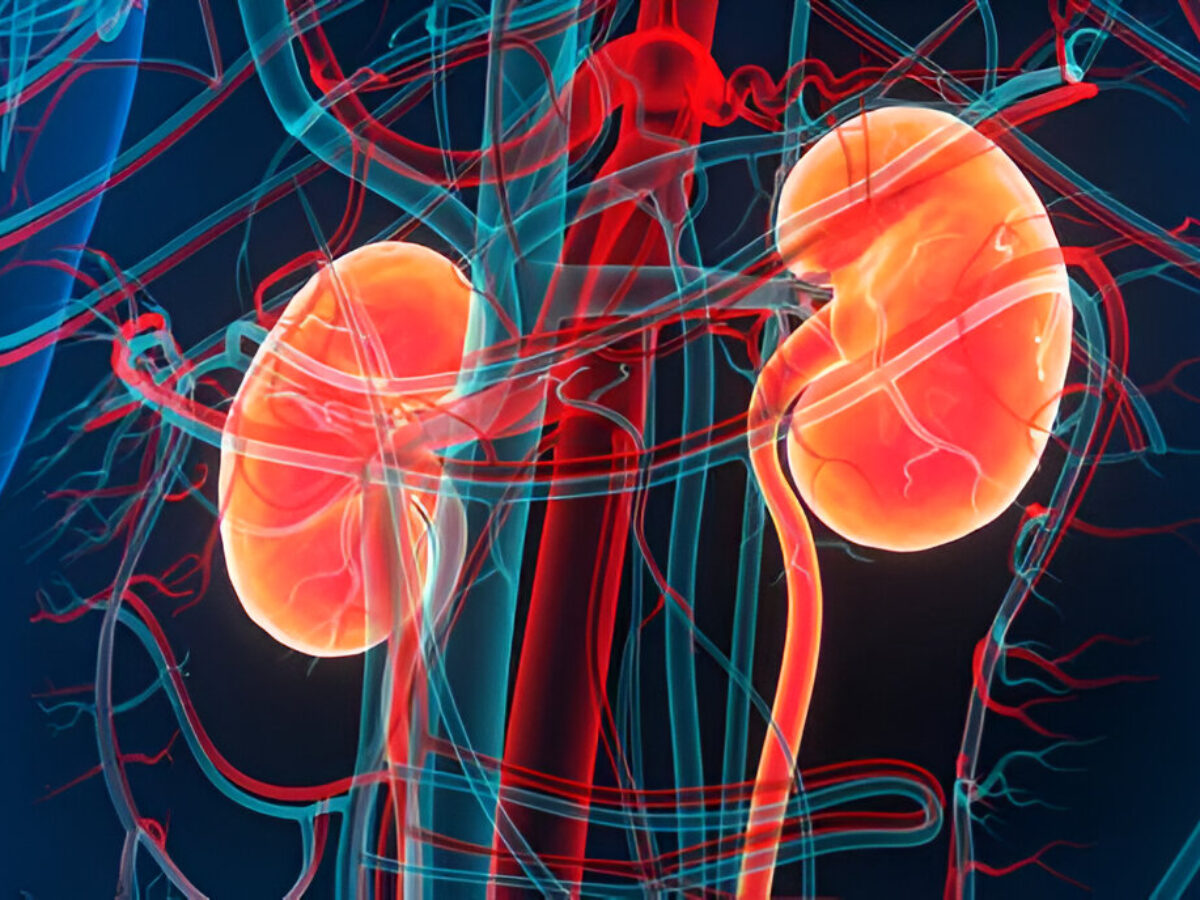
The Critical Importance of Your Kidneys
The kidneys are bean-shaped organs located in the middle of your back, one on either side of your spine. They are vital to survival, performing multiple essential functions:
-
Filtration: They filter out harmful waste, excess toxins, and byproducts from digestion, medication use, and metabolic processes.
-
Balance: They maintain a healthy balance of water and essential minerals (electrolytes) in the bloodstream.
-
Hormone Production: They are crucial for maintaining healthy blood pressure, activating Vitamin D for bone health, and increasing the production of red blood cells to deliver oxygen throughout the body.
Top Causes and Risk Factors for Kidney Disease
Several factors can predispose an individual to kidney damage. The top two are chronic diseases:
-
Diabetes: Uncontrolled high blood sugar is the leading cause of kidney disease.
-
High Blood Pressure (Hypertension): High blood pressure damages the small blood vessels within the kidneys over time, severely compromising their filtering ability.
Other Significant Risk Factors:
-
Genetics and Family History: A history of autoimmune disease or polycystic kidney disease increases vulnerability.
-
Lifestyle: Harmful habits such as smoking, excessive alcohol consumption, and a poor diet are major contributing factors.
-
Medication: Improper or chronic use of analgesic medications and (nonsteroidal anti-inflammatory drugs) poses a significant risk of renal failure.
Early Signs and Symptoms of Kidney Disease
The difficulty in detecting lies in the non-specific and sometimes subtle nature of its early symptoms. If you notice any of these signs, particularly if you have existing risk factors like diabetes or hypertension, consult a physician immediately.
Physical Symptoms:
-
Fatigue and Weakness: Feeling easily tired due to the reduced production of red blood cells (anemia).
-
Swelling: Swollen ankles or feet caused by the body's inability to remove excess fluid.
-
Skin Issues: Persistent skin rash or chronic itching.
-
Pain: Pain above the waist in the back, where the kidneys are located.
-
Muscle Cramps: Muscle spasms and cramping caused by electrolyte imbalances.
-
Irregular Blood Pressure: Unstable blood pressure, a sign the kidneys are struggling to regulate fluid and sodium levels.
Metabolic & Digestive Symptoms:
-
Nausea and Vomiting: Irregularities in the digestive routine.
-
Metallic Taste: A bad, metallic taste in the mouth and a lack of interest in eating food.
-
Mental Fog: Lack of focus and mental clarity.
-
Hiccups.
Urinary Changes:
-
Changes in Urination: Alterations in the amount or frequency of urine passed.
-
Blood in the urine.
How to Protect and Strengthen Your Kidneys
Since kidney damage often cannot be repaired, prevention is the best choice. Incorporating simple lifestyle and nutritional changes can significantly reduce your risk of developing .
Lifestyle Changes
Nutritional Changes
Taking responsibility for your own health—including your kidneys—is essential. Detecting these issues early on is vital for a life lived to the fullest.
News in the same category

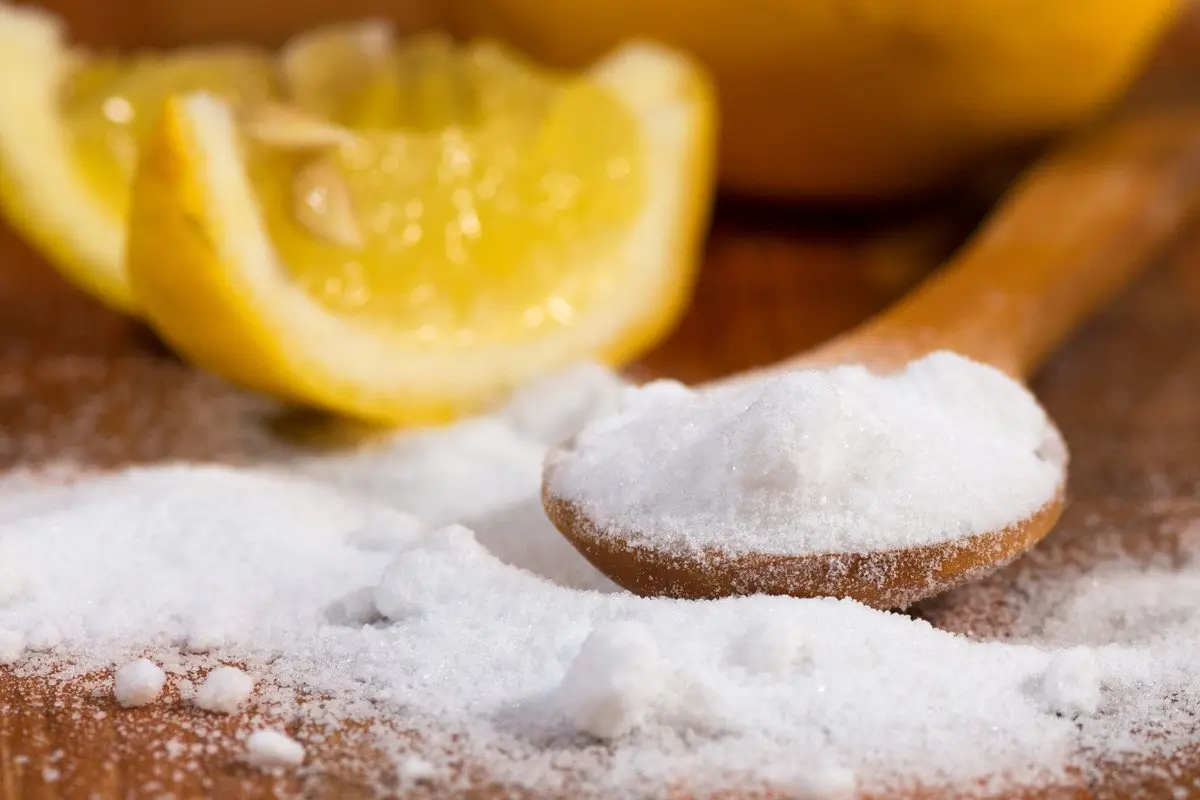
Baking Soda (Bicarbonate of Soda): Uses and Benefits (Science Based)

Benefits of Walking: Why Walking is One of the Best Forms of Exercise 🚶♀️
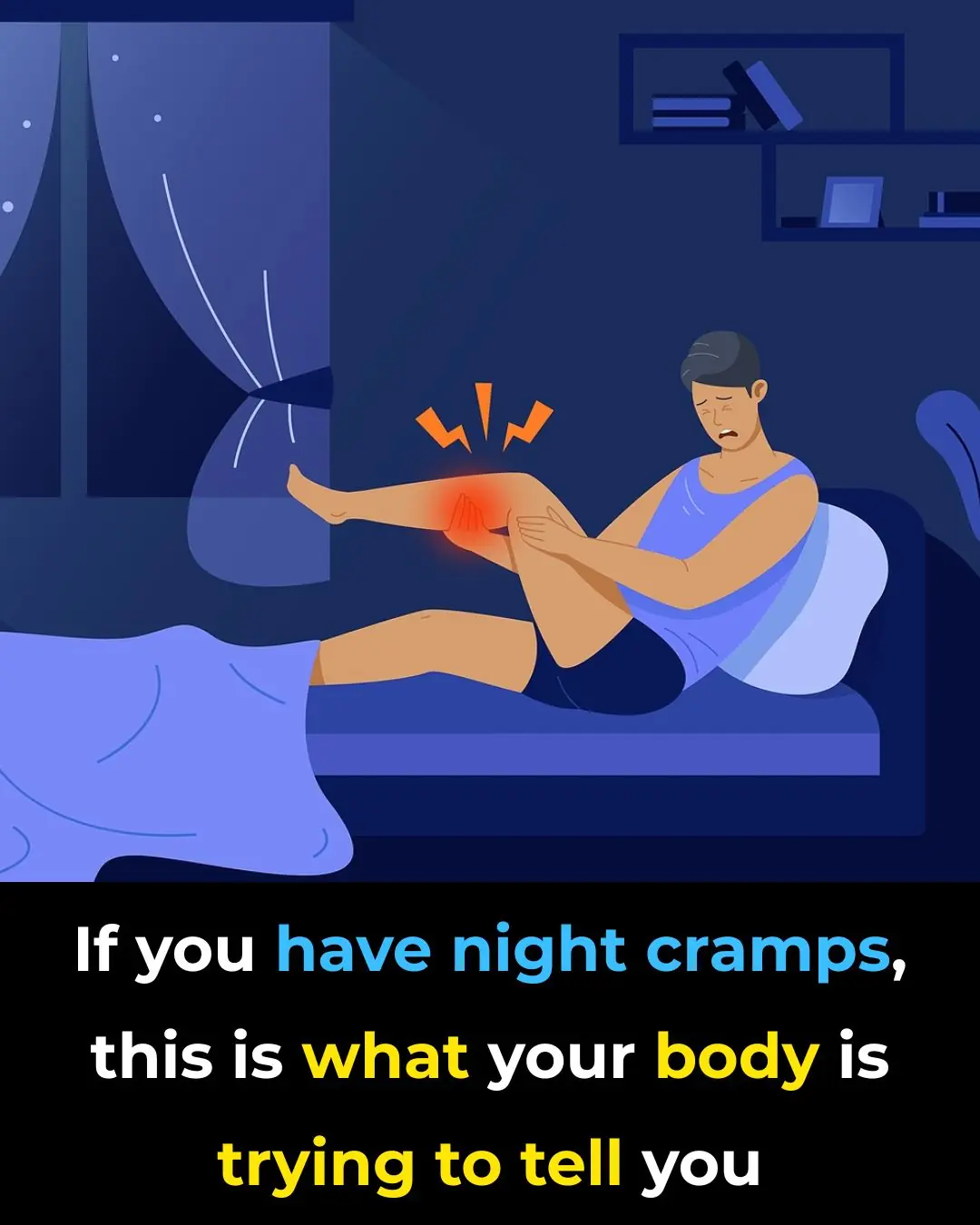
If you have leg cramps at night, it means you have..

Sarcopenia: Why do we lose muscle and how to fix it?

Top 11 Nutrients To Destroy Cancer Stem Cells
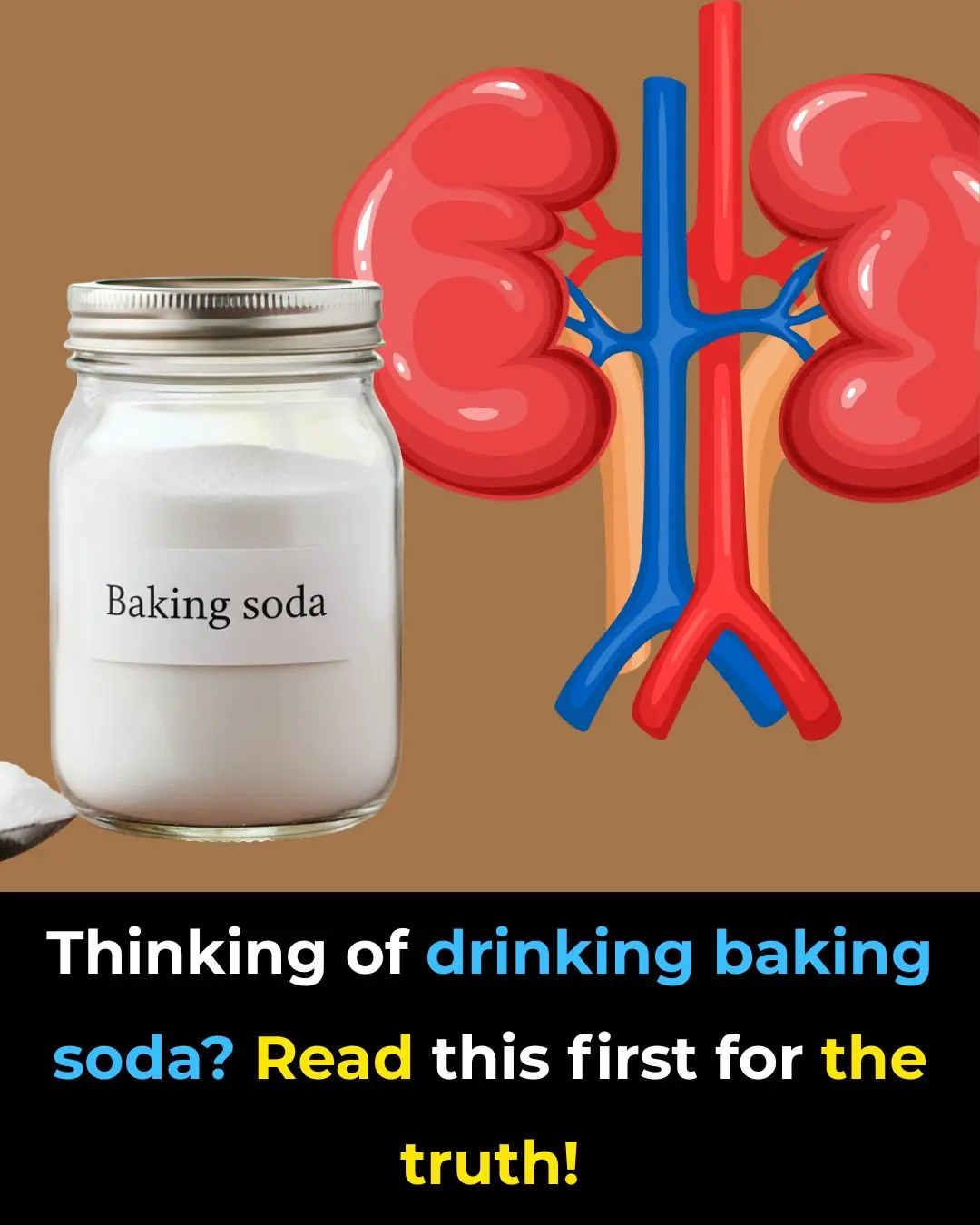
Thinking of drinking baking soda? Read this first for the truth!
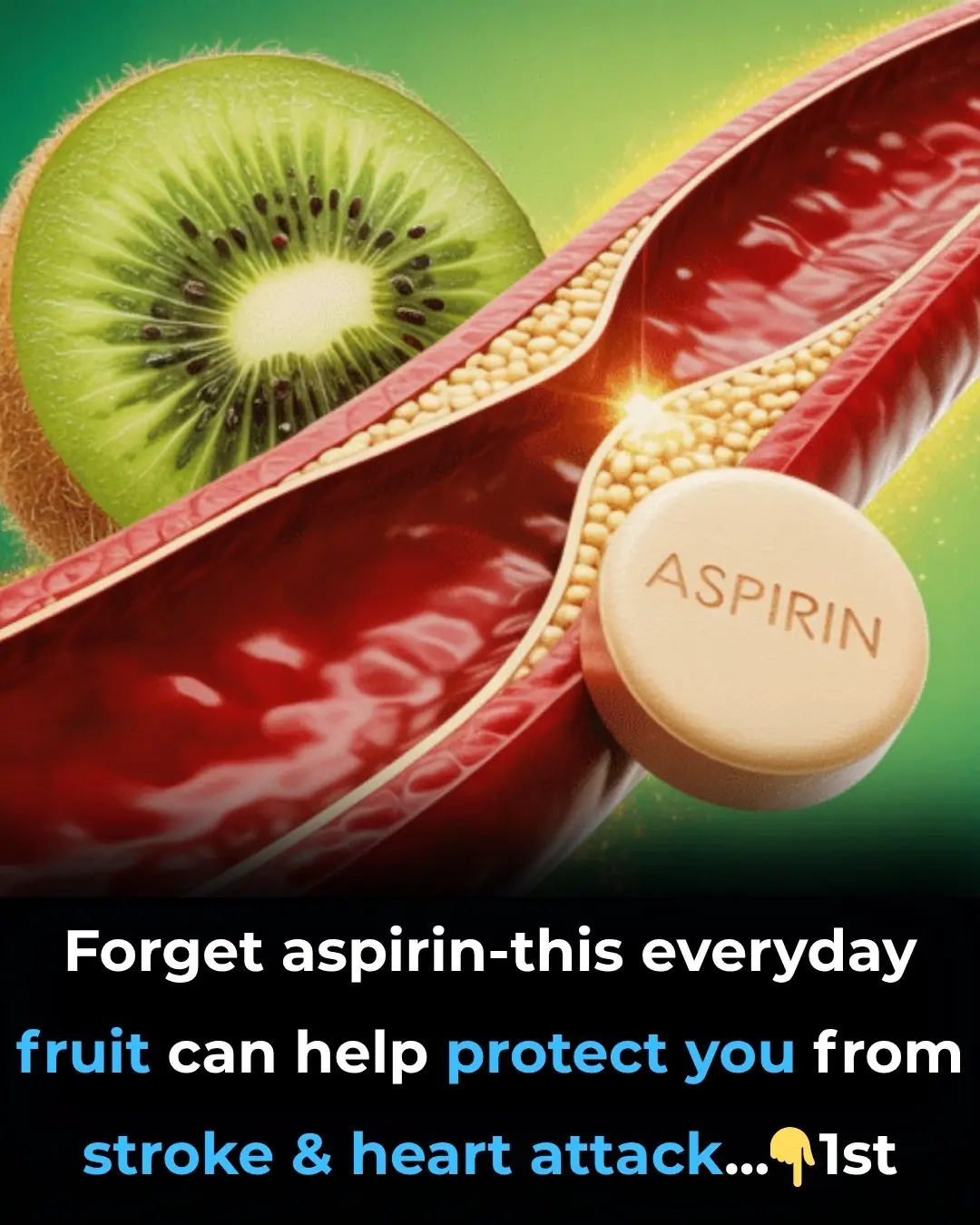
Forget aspirin—this everyday fruit can help protect you from stroke and heart attack
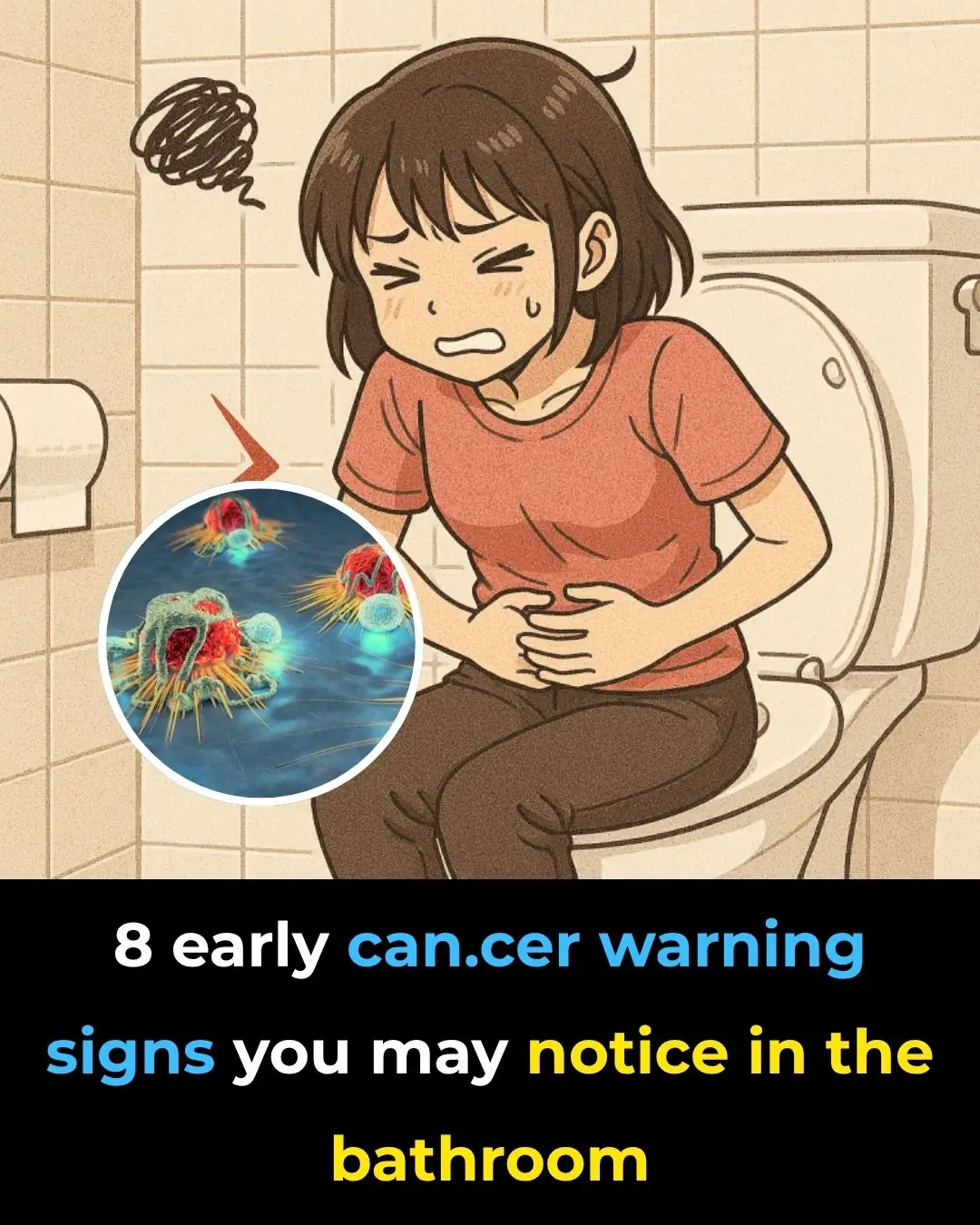
8 Sh0cking Toilet Clues That Could Signal Canc3r: Don’t Ignore Them!
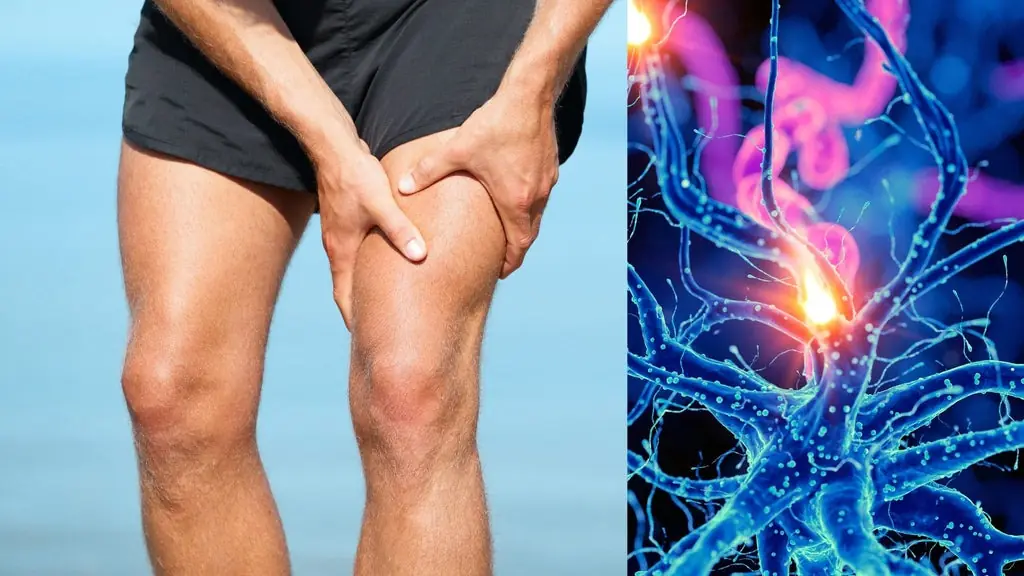
14 Warning Signs Your Body Is Running Low on Magnesium and How to Get It
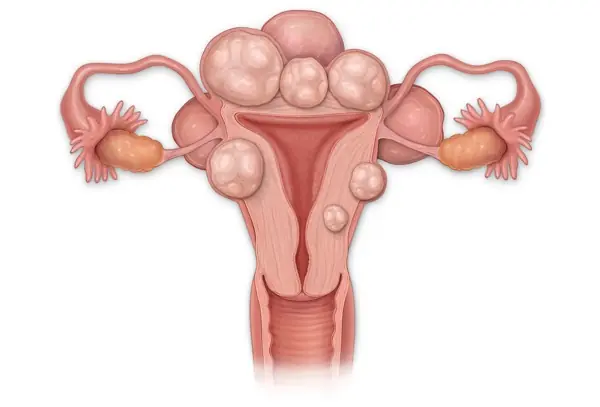
7 Early Signs of Uterine Fibroids Too Many Women Ignore
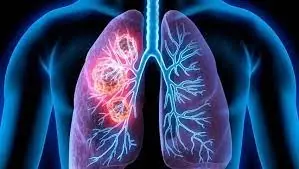
7 Early Signs and Symptoms of Lung Cancer You Should Never Ignore
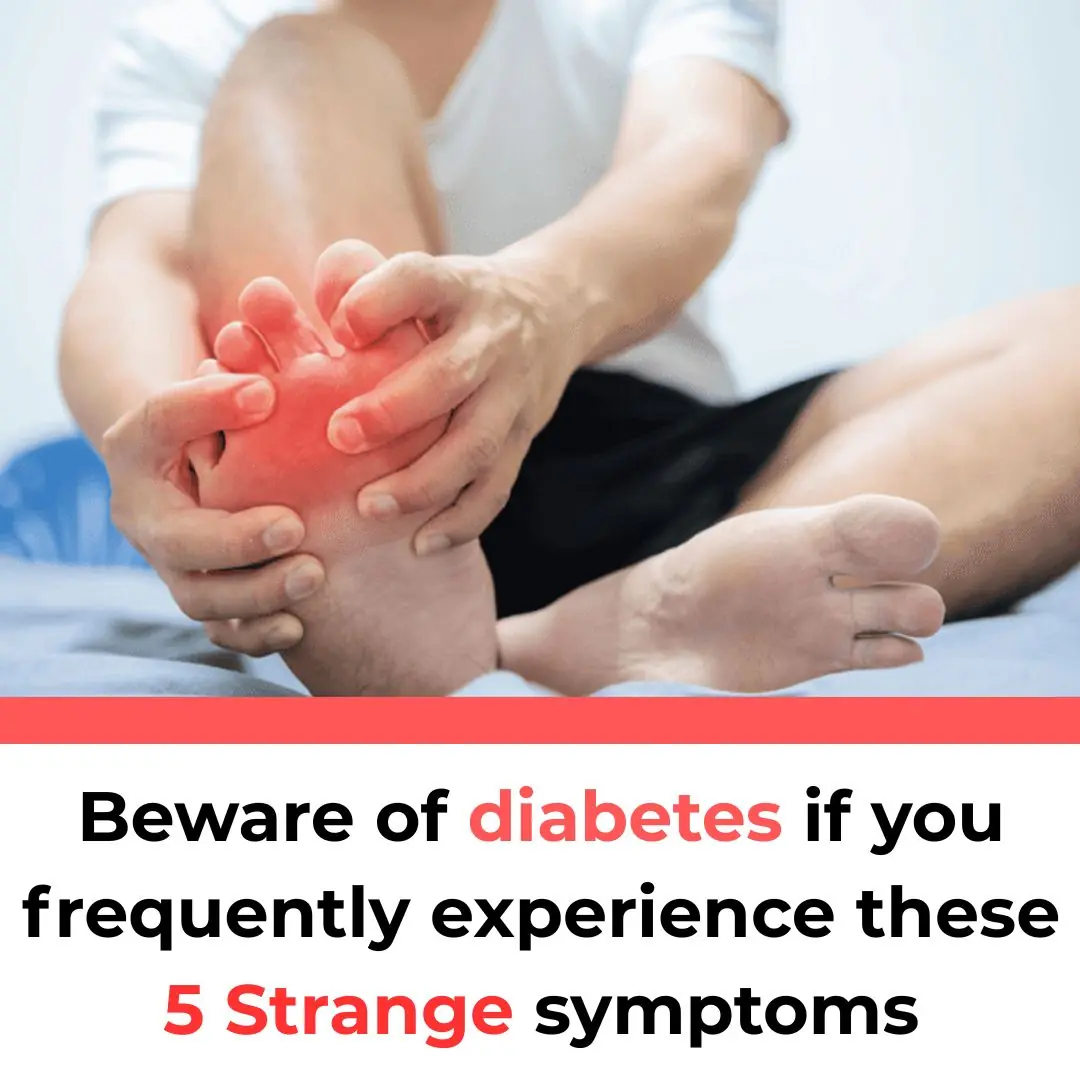
High Blood Sugar Warning Signs

Eat 2 Eggs Every Morning and Feel These Powerful Health Effects Take Over Your Body

Avocado Power: The Scientifically Proven Health Benefits of the Fruit (and the Seed!)
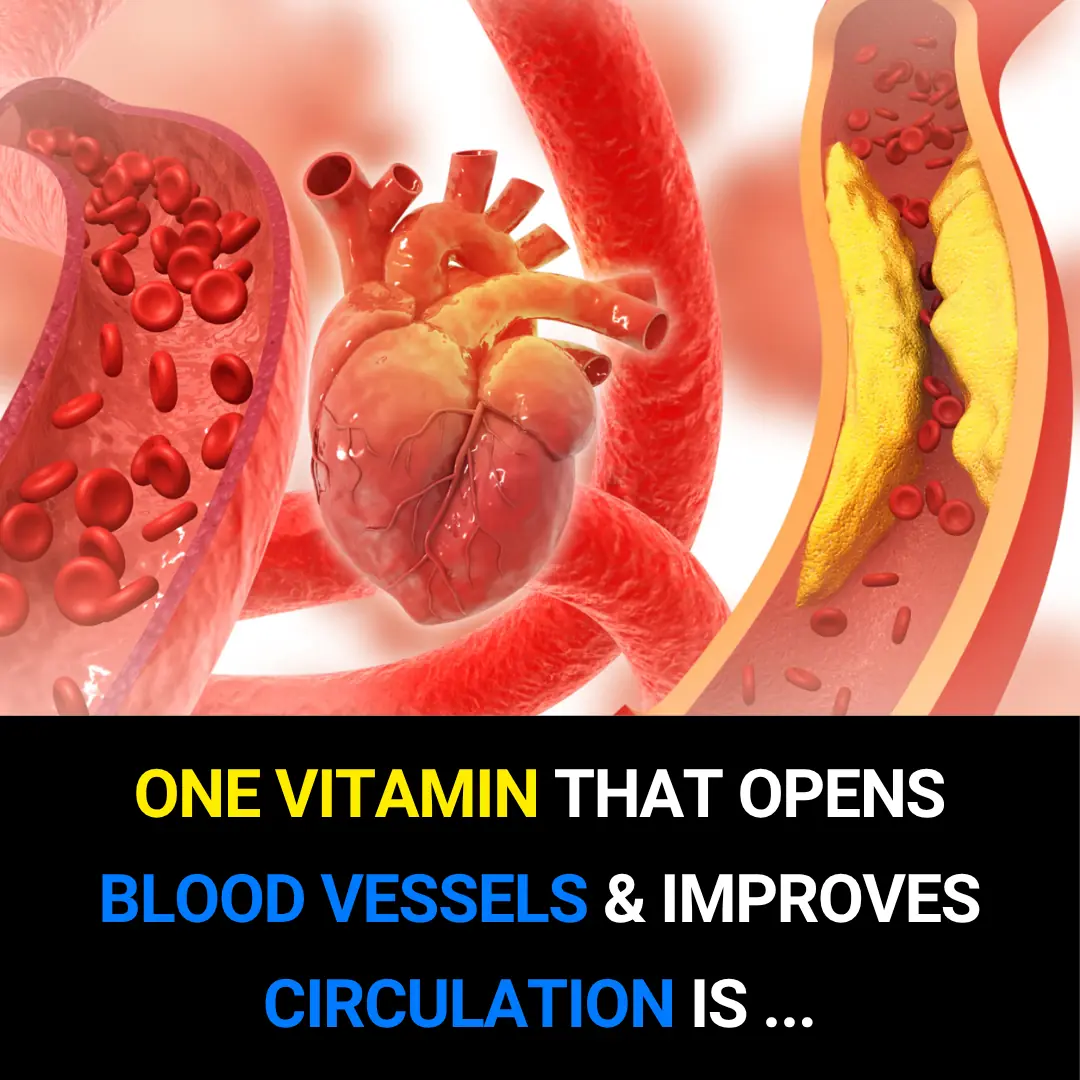
One Vitamin That Could Transform Your Circulation: Niacin (Vitamin B3)

Body Suddenly Jerks While You’re Falling Asleep? This Is What It Means

pH Balance and Your Health: Signs of Acidosis and How to Alkalize

Pineapple And Turmeric Drink Reverses Cancer-Causing Inflammation And Even Beats The Common Cold!
News Post

Jennifer Hudson Champions Musical Inclusivity Amid Super Bowl Language Debate

Jennifer Hudson Cheers on Bad Bunny’s Super Bowl Swagger — and Starts Learning Spanish Herself

Charli XCX shares cryptic video after Taylor Swift’s ‘Actually Romantic’ diss

NY authorities clamp down on liquor store openings citywide as booze demand plummets

Desperate rescue effort underway to save hundreds of hikers stuck on Mount Everest after snowstorm
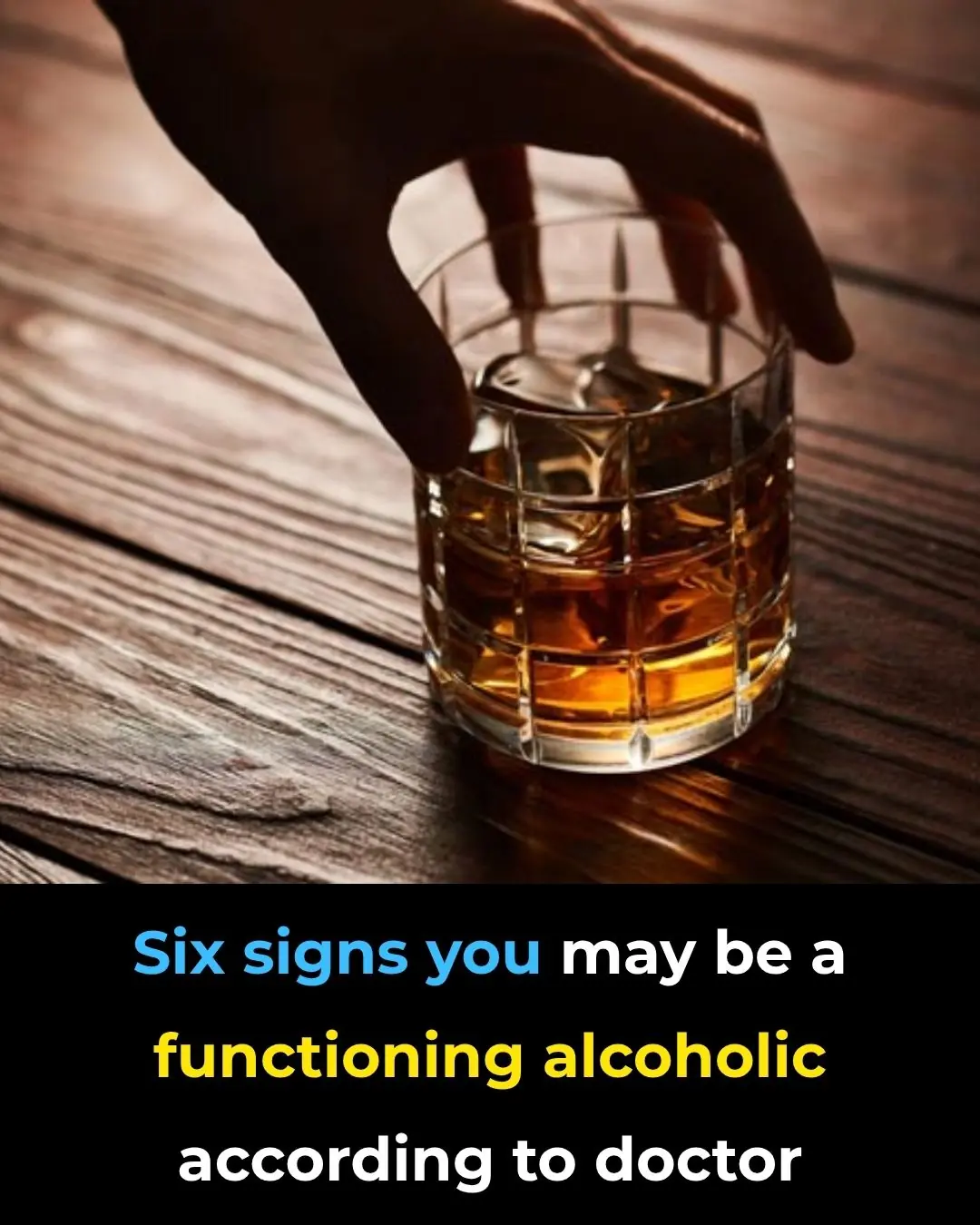
Six signs you may be a functioning alcoholic according to doctor

Pineapple Water: A Refreshing Drink That Supports Your Health

A Heartwarming Encounter: A Child’s Innocence and the Power of Love.

The Stranger Who Stopped: How One Man’s Compassion Saved a Life on a Busy Georgia Road

Baking Soda (Bicarbonate of Soda): Uses and Benefits (Science Based)
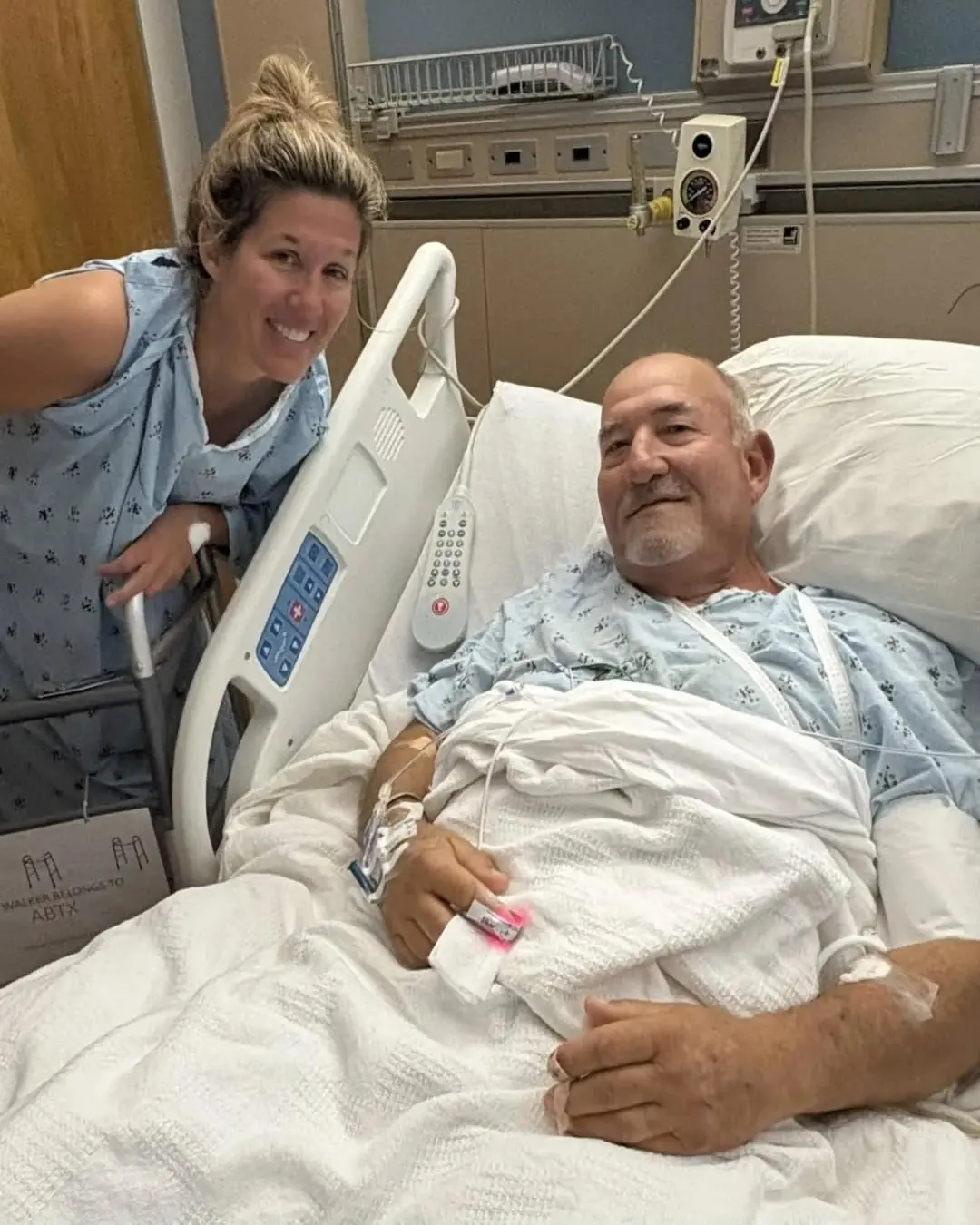
A Father’s Day Gift Like No Other: A Daughter’s Kidney, A Father’s Second Chance

Benefits of Walking: Why Walking is One of the Best Forms of Exercise 🚶♀️

Maliyah’s Fight: A Fifteen-Year-Old Cheerleader Battling Stage 4 Cancer With Courage and Faith

No Cake, No Balloons: A Firefighter’s Quiet Birthday of Purpose and Service

Orangutan Secretly Watches Over Woman During Jungle Survival Challenge

“The Stranger on a Plane: How One Man’s Kindness Gave a Mother the Gift of Rest”
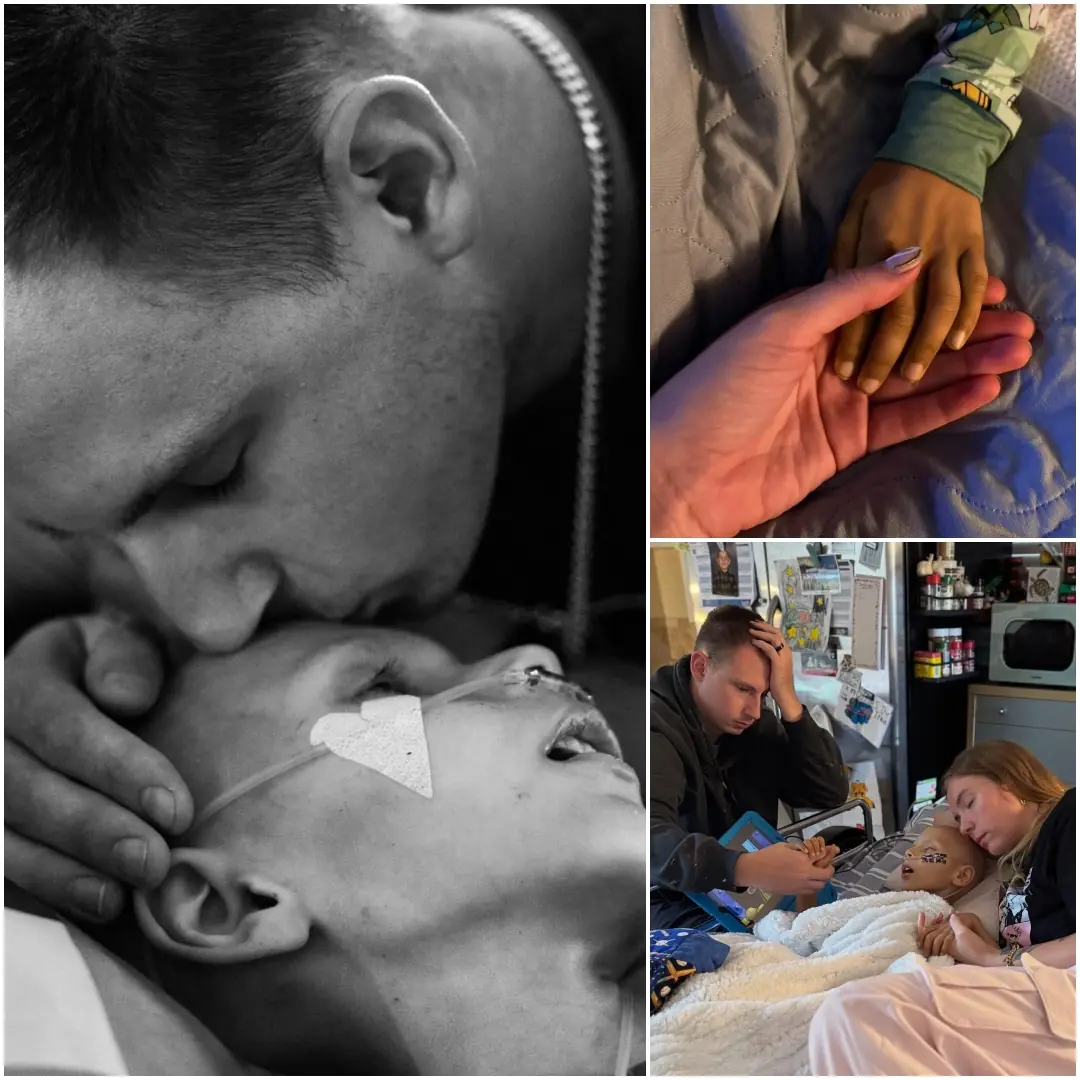
A Little Fighter’s Final Victory: Remembering Bryson’s 1,027-Day Battle
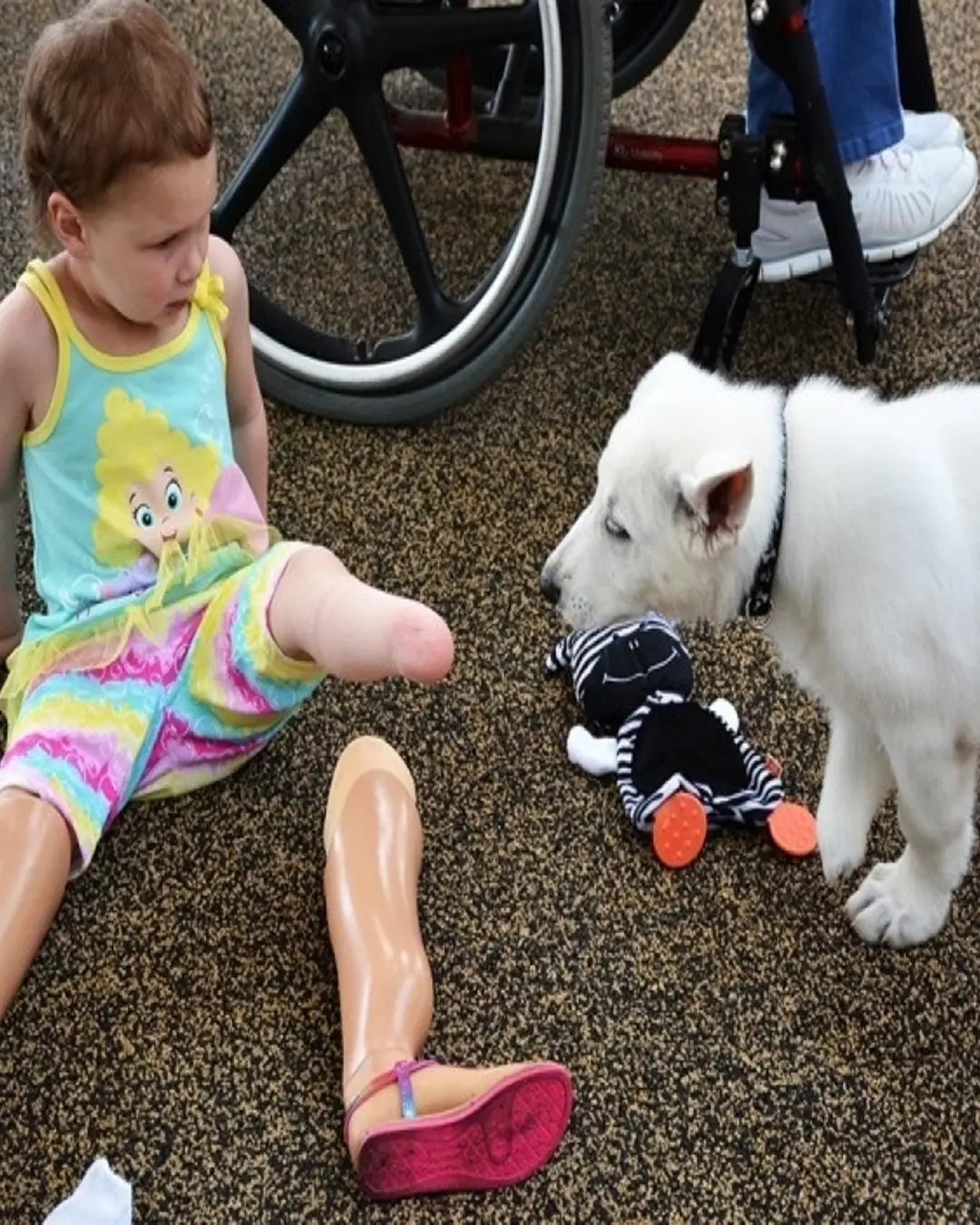
A Match Made in Dog Heaven: A Toddler and Her Puppy Who Share a Special Bond
